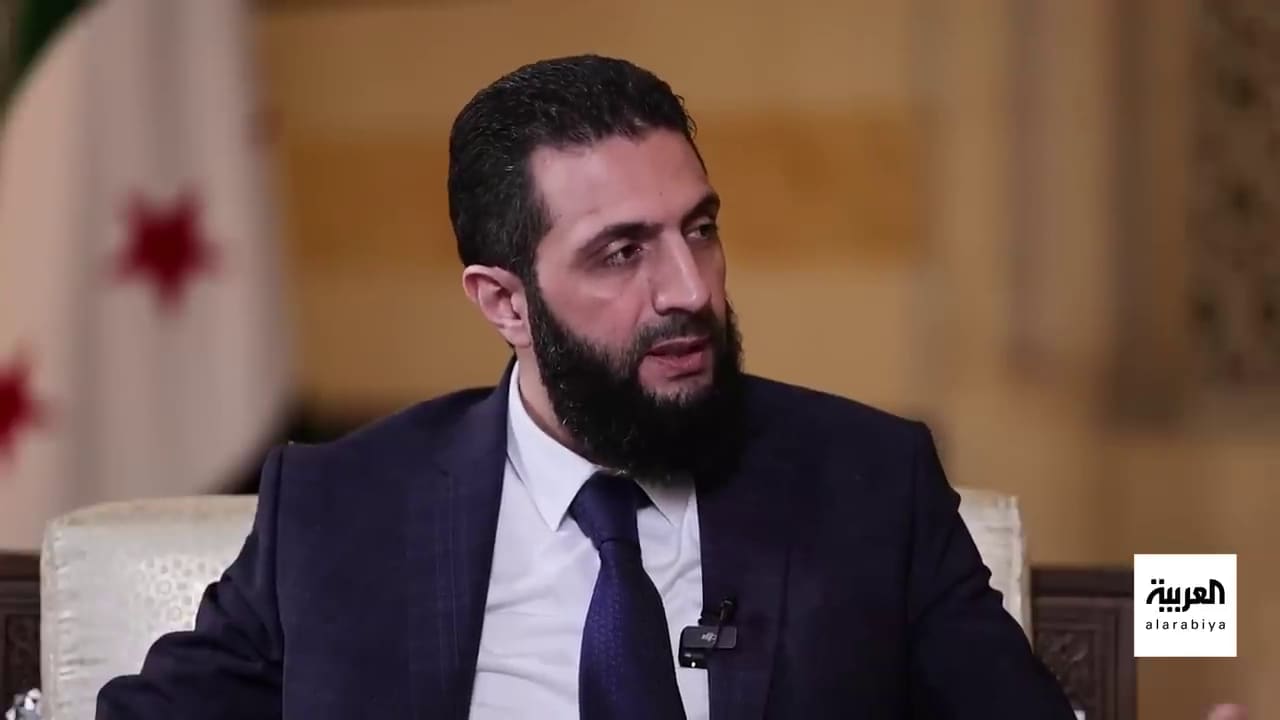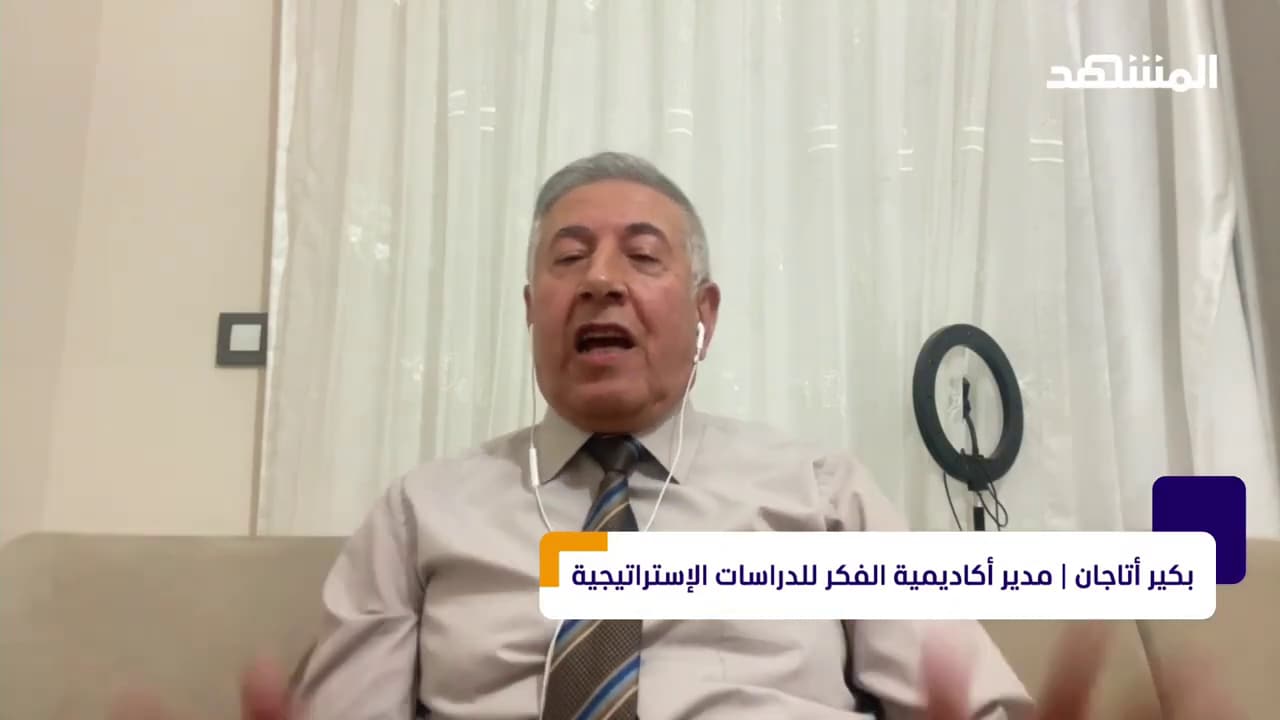
Following are excerpts from an interview with Ziyad Al-Najdawi, a member of Saddam Hussein legal defense team, which aired on Al-Baghdadiya TV on December 18, 2006.
Interviewer: When you first met Saddam Hussein after he was caught, did he tell you how he was caught? Did he tell you the story? How did it happen?
Ziyad Al-Najdawi: I will tell you the way he told it. It was not as some people who want to hurt President Saddam claim - that he was found in a so-called hole. No. President Saddam Hussein was not captured at the place shown on TV. He was captured in a house, while he was praying.
[…]
The place shown on TV was a kind of media propaganda, designed to shatter the symbolic status of this great president.
[…]
When President Saddam was captured – as somebody from the Al-Dour region told us - gas was used in that region, This gas affected animals and human beings alike, and no one could do anything.
[…]
[The Americans] gave him the news about the martyrdom of Uday, Qusay, and Mustafa...
Interviewer: I wanted to ask you this. How did he accept this news? He was not imprisoned at the time.
Ziyad Al-Najdawi: Right.
Interviewer: Did he talk to you about this?
Ziyad Al-Najdawi: President Saddam Hussein was proud of that. He said: I prepared Uday, Qusay, and all my family for this day, when they would become martyrs in defense of Iraq, the nation, and the history of Iraq. He was very proud of Mustafa, the son of comrade Qusay, who refused to surrender, like the Americans themselves said. Mustafa refused to surrender, and continued to defend himself, until he was martyred... This is the school of President Saddam Hussein.
[…]
Interviewer: He said that [the Americans] would die on the walls of Baghdad.
Ziyad Al-Najdawi: That is what is happening now. They are committing suicide on the walls of Baghdad. The Americans are paying a heavy price daily for their invasion of Iraq. The Americans should declare how many corpses are shipped to America every day.
Interviewer: Was he thinking about returning to power during his first months of imprisonment?
Ziyad Al-Najdawi: To this very day, President Saddam Hussein does not think about returning to power.
Interviewer: Did you ask him this?
Ziyad Al-Najdawi: Yes.
Interviewer: What did he say?
Ziyad Al-Najdawi: He said the Iraqi people should have the freedom of self-determination. If it wants Saddam Hussein – Saddam Hussein it will be, and if it does not want Saddam Hussein, then respecting the will of the Iraqi people is the most important thing.
[…]
American Defense Secretary Rumsfeld met President Saddam.
Interviewer: In prison?
Ziyad Al-Najdawi: Yes.
Interviewer: What went on?
Ziyad Al-Najdawi: He talked with him.
Interviewer: About what?
Ziyad Al-Najdawi: About the future of Iraq. He wanted President Saddam Hussein to…
Interviewer: Did Saddam tell you this?
Ziyad Al-Najdawi: Yes. He wanted President Saddam Hussein to appear [publicly], in order to ask the Iraqi resistance to engage in the political process, and to ask the Socialist Arab Ba'th party to engage in the political process, because this party constitutes the backbone of the resistance today, and because it was President Saddam Hussein who determined the basis for the activity of the resistance. President Saddam Hussein answered [Rumsfeld]: "If I were given the opportunity to appear on TV, I would tell the Iraqi people and the Iraqi resistance to intensify the struggle and the Jihad, in order to expel the Americans and their collaborators from the land of Iraq."
Interviewer: did the Americans try to tempt him by promising to release him, for example?
Ziyad Al-Najdawi: Yes, they gave him a choice between the fate of Mussolini and that of Napoleon, but he told them: "I am Saddam Hussein, President of the Iraqi Republic, and Saddam Hussein I will remain."
[…]
Interviewer: what did he think about the toppling of the statue? Did he see it with his own eyes?
Ziyad Al-Najdawi: He laughed. Honestly. He said to us: "I laughed from the bottom of my heart."
Interviewer: How could he possibly laugh?
Ziyad Al-Najdawi: He said that when he saw them toppling a statue, he had a good laugh, and said that if he could have helped them to topple the statue, he would have.
[…]
Interviewer: Didn't he realize that his regime had fallen along with the statue?
Ziyad Al-Najdawi: No, the regime did not fall. It is Iraq that has fallen. Today, there is evidence of this. Today, posters of President Saddam Hussein are displayed all over Iraq. This proves that the Iraqis still adhere to the leadership of Saddam Hussein. So he has not fallen.
Interviewer: No, that is an exaggeration.
Ziyad Al-Najdawi: Not throughout Iraq, but perhaps in some areas. I can assure you that in Najaf, in Karbala, in Al-Amara, in Basra, in Al-Diwaniya, and in all the provinces of Iraq, in the north, posters of President Saddam Hussein are displayed.
[…]
There is no regime or country in the world that does not make mistakes.
Interviewer: There are mistakes, and there are sins. What happened in Iraq is more like a sin.
Ziyad Al-Najdawi: Give me an example.
Interviewer: I don't want to go into this.
Ziyad Al-Najdawi: Give me an example of what you would call sins.
Interviewer: For example, entering Kuwait and what ensued, the oppression of hundreds of thousands of Iraqis, and so on. I don't want to go into this.
Ziyad Al-Najdawi: Why do you call the Kuwait issue "a sin"?
Interviewer: The fate of Iraq was determined in Kuwait. Iraq described Kuwait as its 19th province, but this province swallowed up Iraq, destroyed Iraq.
Ziyad Al-Najdawi: What happened on August 2, 1990 is an issue that warrants a long discussion.
Interviewer: We don't want to go into this.
Ziyad Al-Najdawi: I can assure you that Kuwait – even before August 2 – was involved in a conspiracy against Iraq.
[…]
Interviewer: What does he have to say about the mass graves?
Ziyad Al-Najdawi: What mass graves?
Interviewer: Those mas graves – regardless of their size, and whether what the media reported about them was true… There were mass graves that were reported after the occupation. Was Saddam Hussein aware of any of these mass graves?
[…]
Ziyad Al-Najdawi: The mass graves in northern Iraq – and I will talk about the south later – have been beyond the control of the central administration since 1990. How come the issue of the so-called mass graves did not arise back then? Northern Iraq was the playing field of the CIA.
Interviewer: I am talking about all of Iraq. I am not asking you for an explanation for the mass graves. I asked you a specific question. What did he say?
Ziyad Al-Najdawi: He said it was not true, that it was a fabrication. I can assure you that the remains found in southern Iraq, for example, belonged to Iraqi soldiers killed in the 1991 rebellion in the south. Moreover, I am absolutely sure that we have the documents to back this up. You know that when the Iranians bury their dead, they all try to have the remains transferred to the Najaf cemetery, in order to be close to the holy places. These are not empty words. This is the truth. The remains found in the so-called mass graves in the south were buried there for over 20 or 30 years.
Interviewer: My question is whether he denies that these mass graves were the handiwork of the Iraqi security agencies?
Ziyad Al-Najdawi: Yes. Not only does he deny it, but he stresses that these are lies.
[…]
Some of the bodies that were exhumed turned out to be the bodies of Americans, not Iraqis. They were buried in 1991. Should we be held responsible for the killing of the Americans?
[…]
Ask Hollywood how they managed to stick that beard on President Saddam Hussein's face. The beard we see now on the honorable face of President Saddam Hussein is the beard he had back then.
Interviewer: So that beard was not real?
Ziyad Al-Najdawi: No.
Interviewer: It was a fake one?
Ziyad Al-Najdawi: Yes. President Saddam Hussein did not look like that when he was captured.
Interviewer: But the Iraqis and the entire world saw him stroke his beard with his hands. If it was a fake beard, it might have fallen off.
Ziyad Al-Najdawi: The person brought there as if he were President Saddam Hussein, when these pictures were taken – wasn't he adjusting the beard to make sure it was on?
Interviewer: I don't get it. Are you saying that person was not Saddam Hussein?
Ziyad Al-Najdawi: No, that's not what I'm saying. The beard was fixed on him so that President Saddam Hussein would come out looking like that. Wasn't he adjusting the beard this way?
Interviewer: In other words...
Ziyad Al-Najdawi: I admit that it was President Saddam Hussein who was captured, but not in the way it was portrayed.
Interviewer: So that beard was fake?
Ziyad Al-Najdawi: Yes.
Interviewer: But there are things that suggest it was real.
Ziyad Al-Najdawi: For example?
Interviewer: For example, he disappeared for 8 months, and when you grow a beard for 8 months, it might reach...
Ziyad Al-Najdawi: On the other hand, when his [hiding] place was shown, there were hygiene products there, such as shampoo, a toothbrush, a comb, and perfumes, cornflakes and milk, and all the means that allow the person living there to eat the way he likes. The shampoo there was of superior quality, and President Saddam Hussein could shower and wash himself, and do all everything necessary to keep clean, and as is known about President Saddam Hussein, he always loved cleanliness. But why was the image of President Saddam Hussein distorted this way? It was all part of the American media machine.













